Tomie Davis
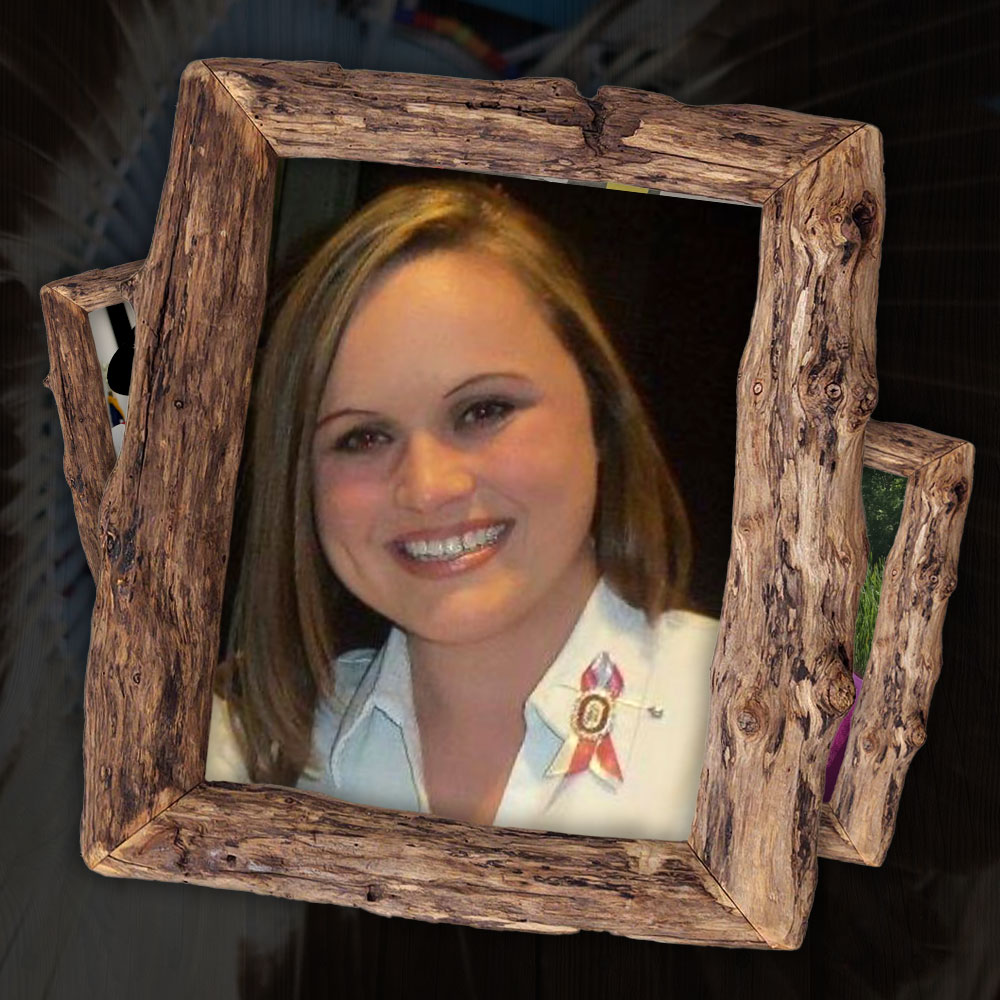
Dulac, Louisiana United Houma Nation Favorite Tradition “Some of my favorite traditions are cooking my grandma’s file gumbo recipe that has been passed on in the family. And I recently have been trying to learn Cajun French. I remember growing up and knowing when the adults were talking about something really interesting because they would […]
Louise Billiot
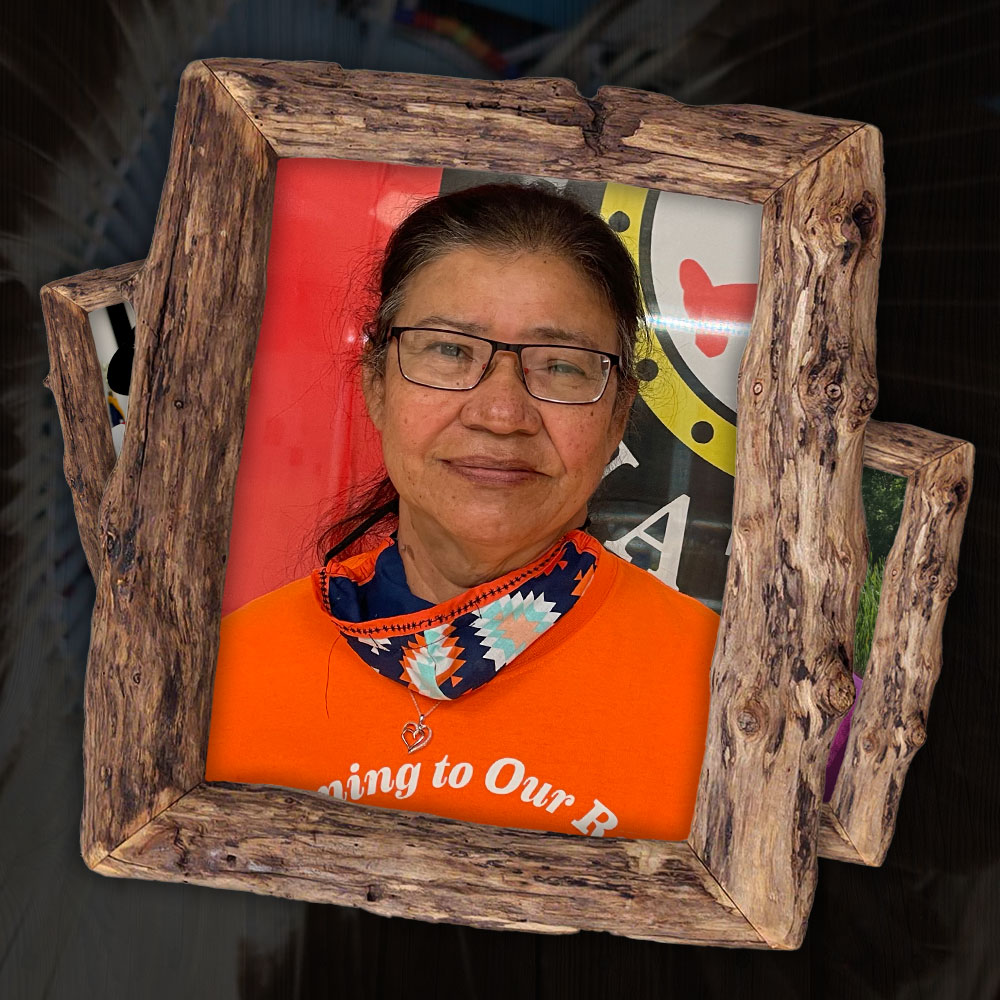
Dulac, Louisiana United Houma Nation Favorite Tradition Dancing Being UHN “I believe that the creator makes us. When we were born he decided I would be in this and he decided that’s what was best for me. “I feel like I have to live and find the purpose for me by making me Indian.” Growing […]
Kacie Fields
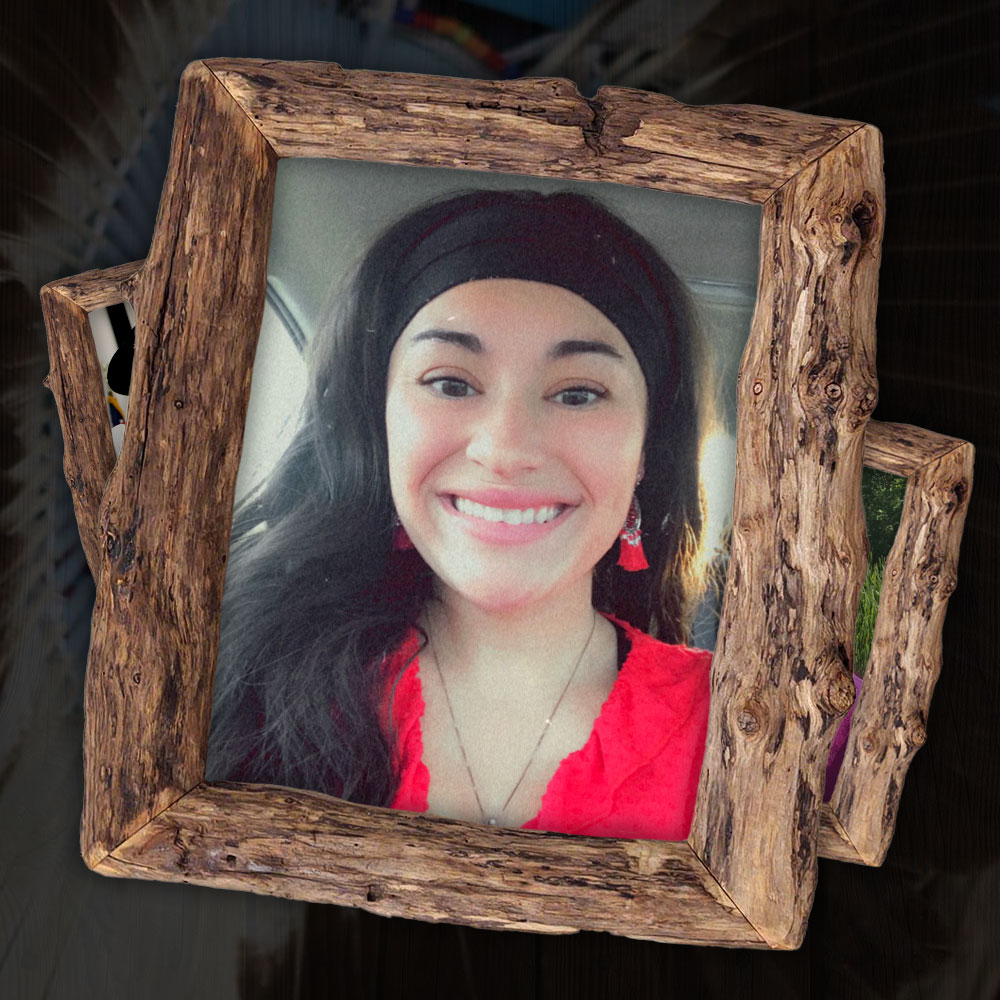
Cut Off, Louisiana United Houma Nation Favorite Tradition “Before COVID took over, powwows definitely. Just seeing everyone in traditional clothing and participating in stuff that is special to our culture is really warming. Like it just feels right to be able to celebrate the way that we do everything, and it just be an us […]
Charlie Duthu
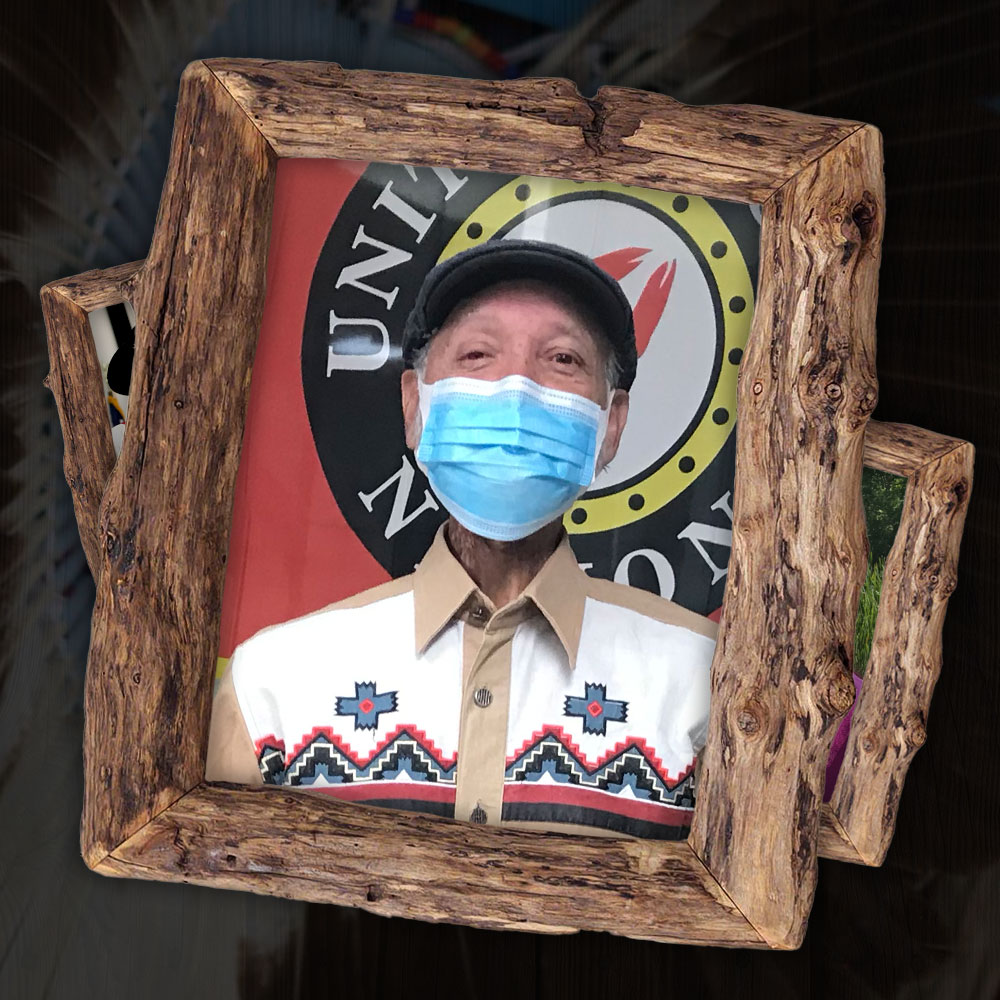
Houma, Louisiana United Houma Nation Favorite Tradition “I like the awareness of the Indians. What’s happening now is the Indian awareness that’s going on, and I think it’s too good because even though I’m a French Indian, I, this is how I live my life. I put God first, then my family, then my heritage.” […]
MorningDove Verret Hopkins
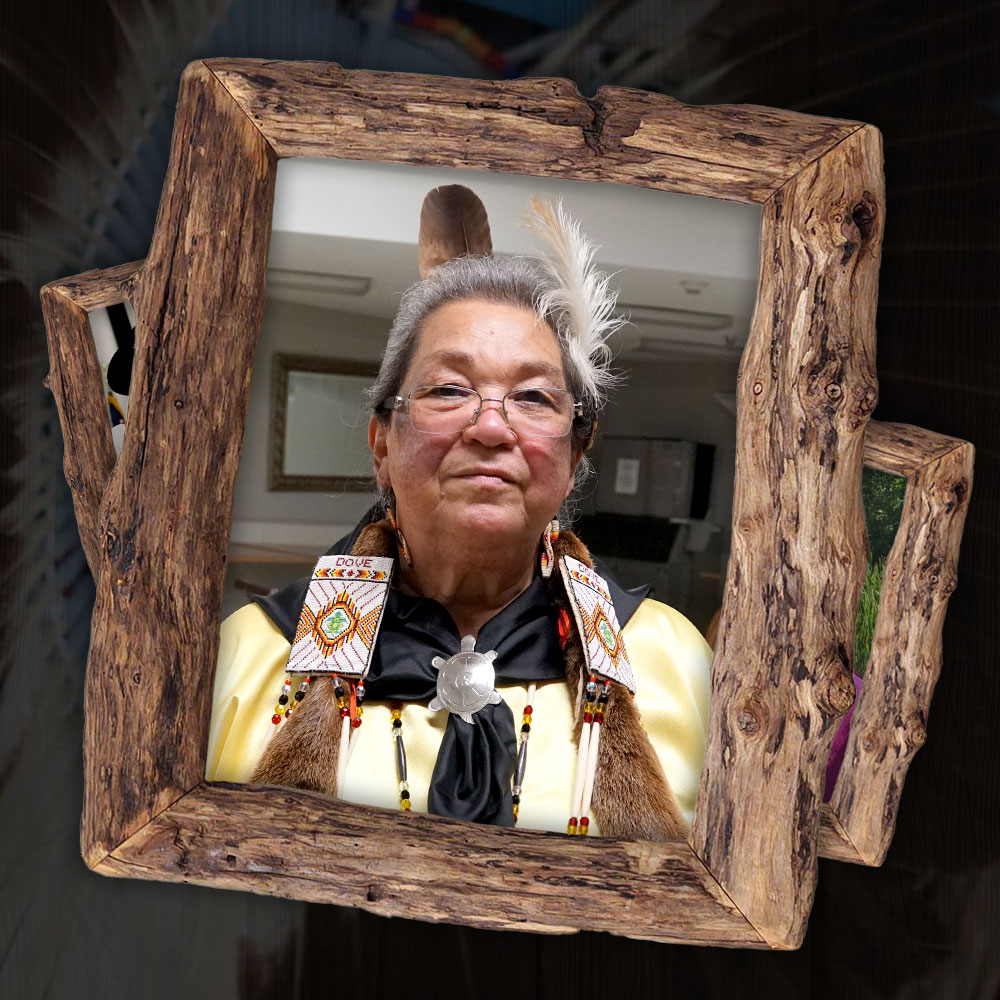
Bayou Blue, Louisiana United Houma Nation Favorite Tradition “Oh my god, I got too many! I have a lot of traditions, one of my favorites is like family gathering. To see my kids, my sisters and brothers, my grandkids, my great grandkids. All of the holidays, I’m the one that does the cooking. Everybody offers, […]
Ann Luster Robichaux
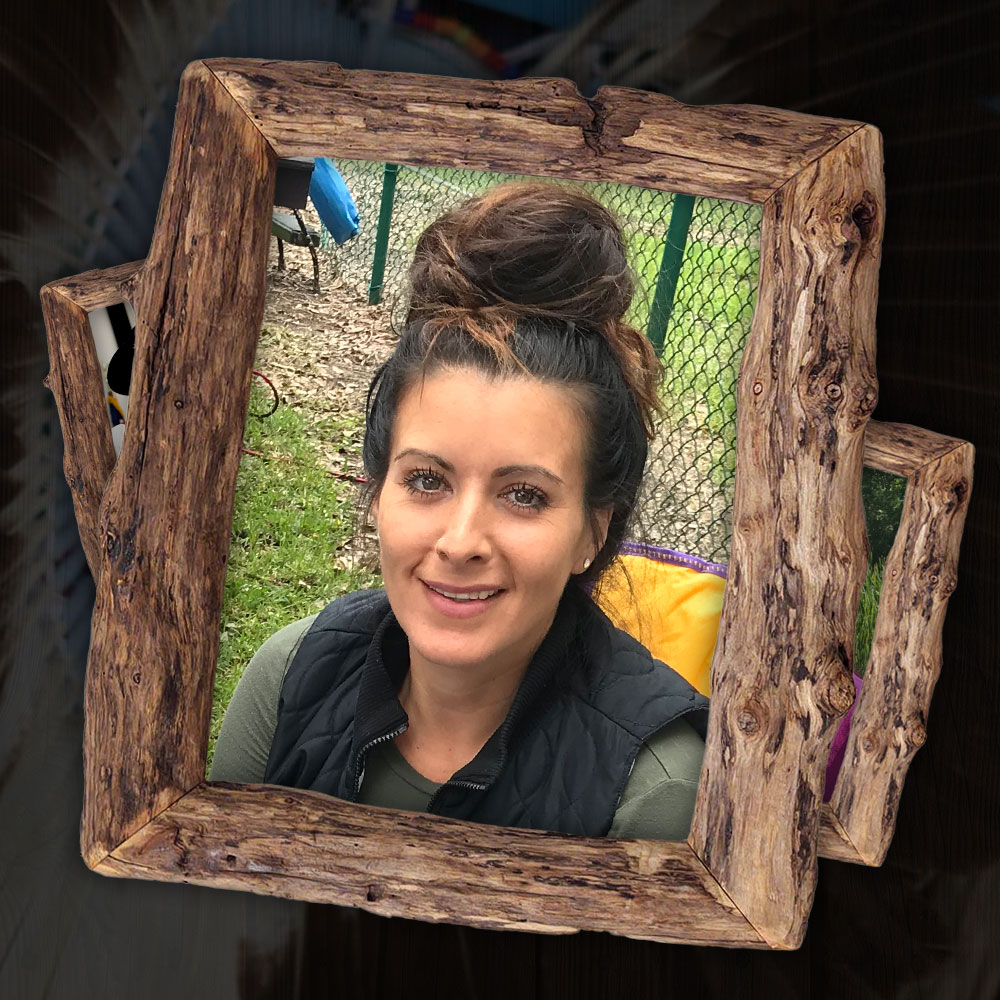
Theriot, Louisiana United Houma Nation Favorite Tradition Use of garfish scales in traditional jewelry Being UHN “It’s almost like it’s a dying art, as I find as the generations go on, a lot of the kids, the younger generation aren’t keeping it up. So, I find it’s important as far as being a tribal member […]
Lora Ann Chaisson
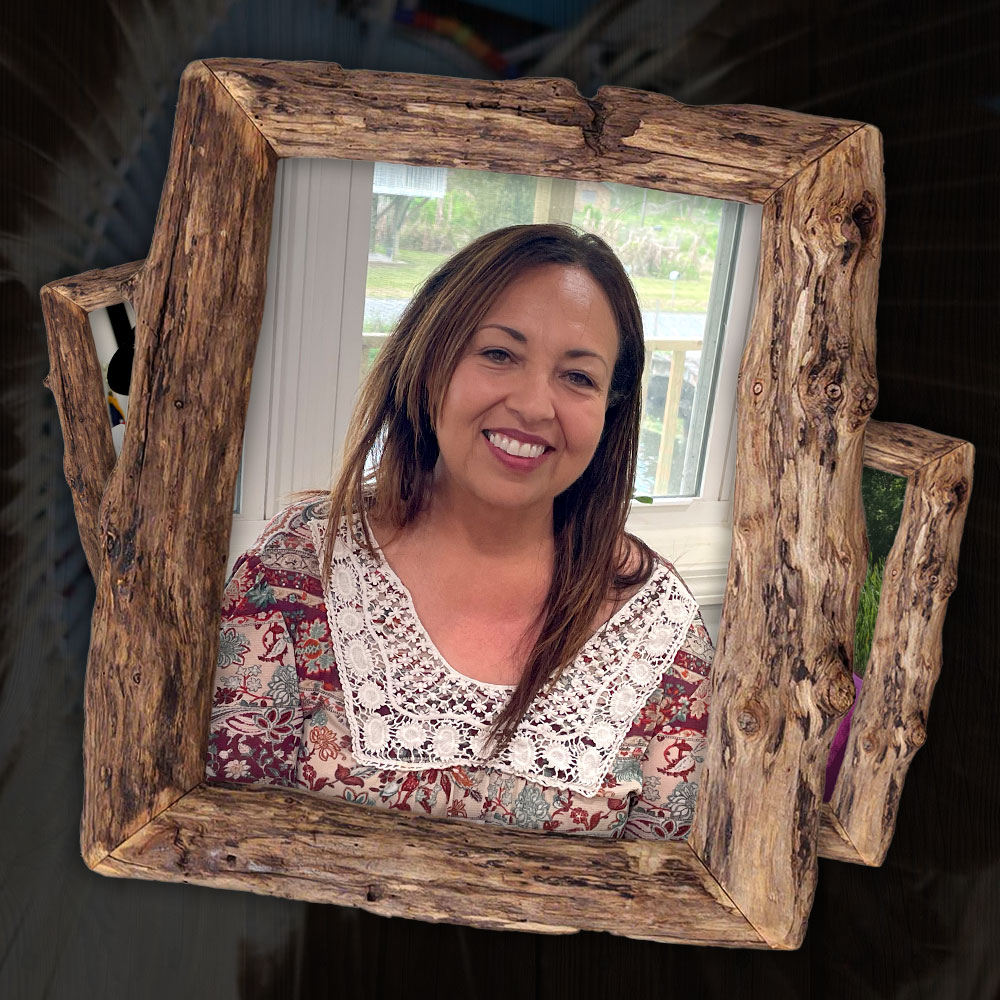
Pointe-aux-Chênes, Louisiana United Houma Nation Favorite Tradition Cooking and basket weaving Being UHN “Knowing there’s only 17,000 of us in the world and there’s only one of me and the fact that I am one of 17,000 is so special to me. “It’s not like you can go across the country and get an Houma […]
John Rodrigue
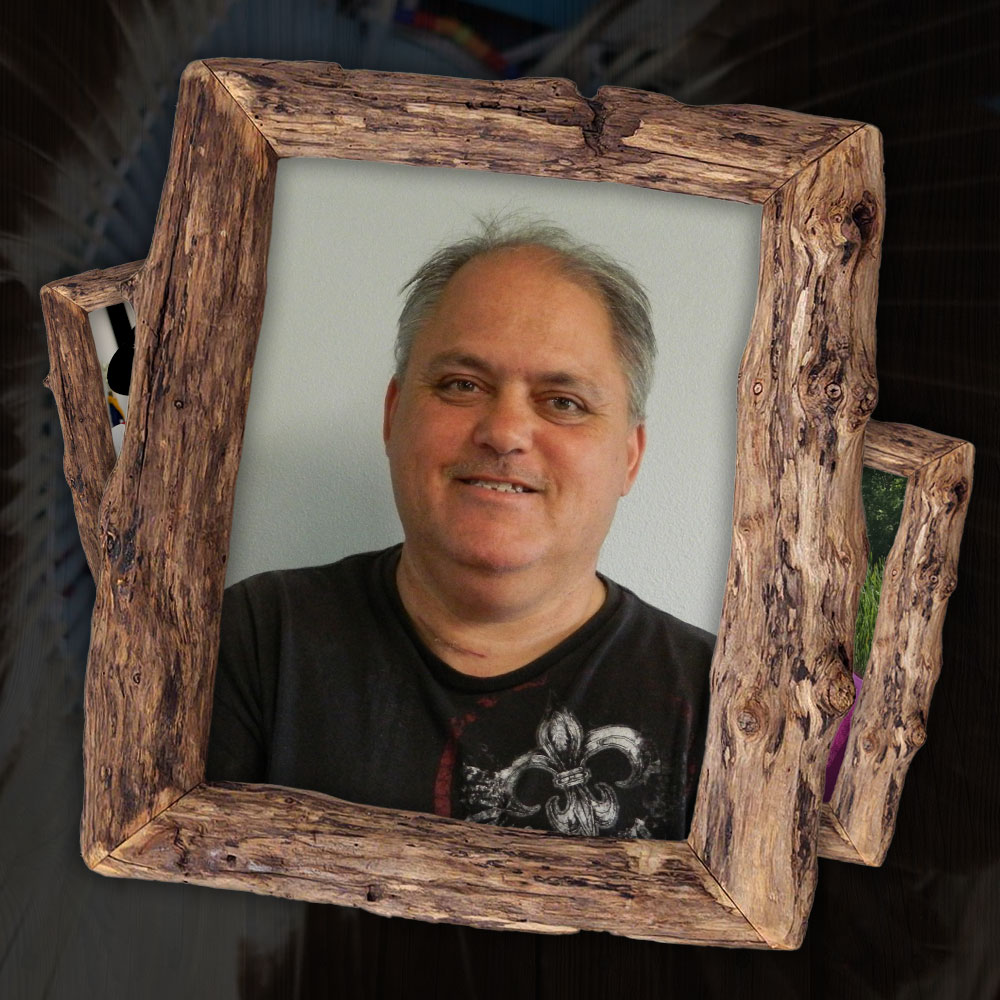
Pointe-aux-Chênes, Louisiana United Houma Nation Favorite Tradition Fishing Being UHN “ A good thing about it is that tribes can get together and teach their children their heritage.” Growing Up in South Louisiana “We fished a lot, shrimp, a lot of commercial fishing. As far as playtime, you made your own playtime.” Listen
Clyde Billiot
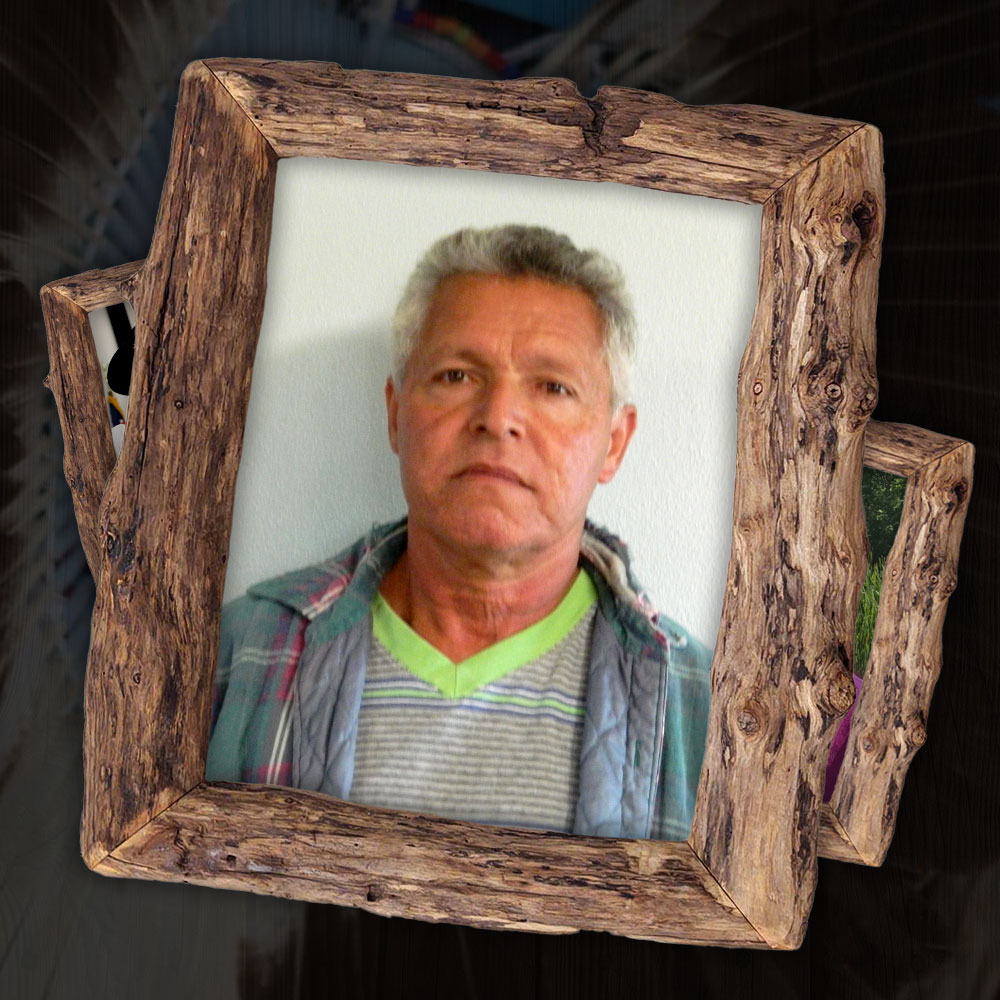
Golden Meadow, Louisiana United Houma Nation Favorite Tradition “We loved swimming, playing in the bayou, climbing my aunt and uncles trees. Can’t go wrong. We used play sticks, where you take a stick and throw it and see wherever it lands. We used to play that a lot.” Being UHN “ It means when you […]
Regalia
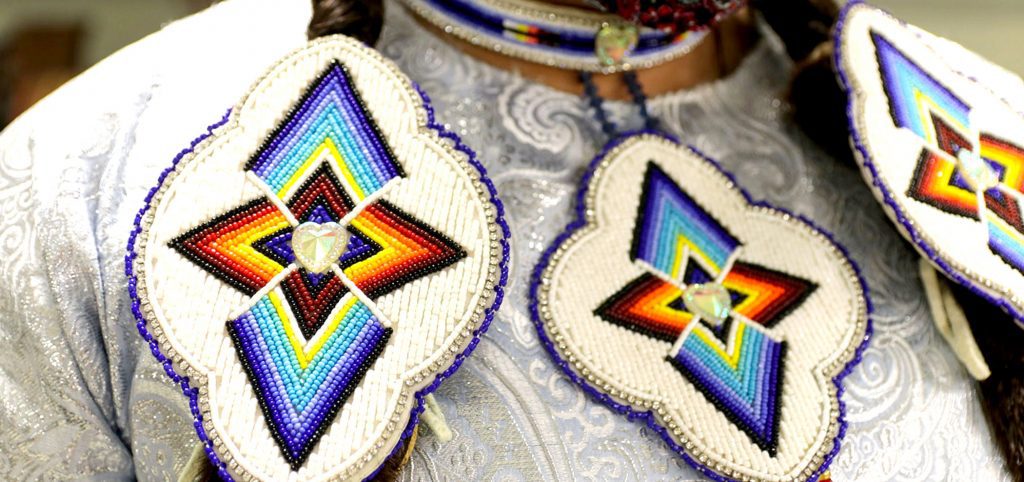
By Jade Hawkins, photo editor REGALIA Houma women from three generations — Jasmine Rain, Morning Dove and Bette Billiot — wearing traditional regalia that would be normally worn for ceremonies, dancing or prayer. They are all holding their shawls and feather fans, both would be used in dances. MorningDove says she loves to dance with […]
